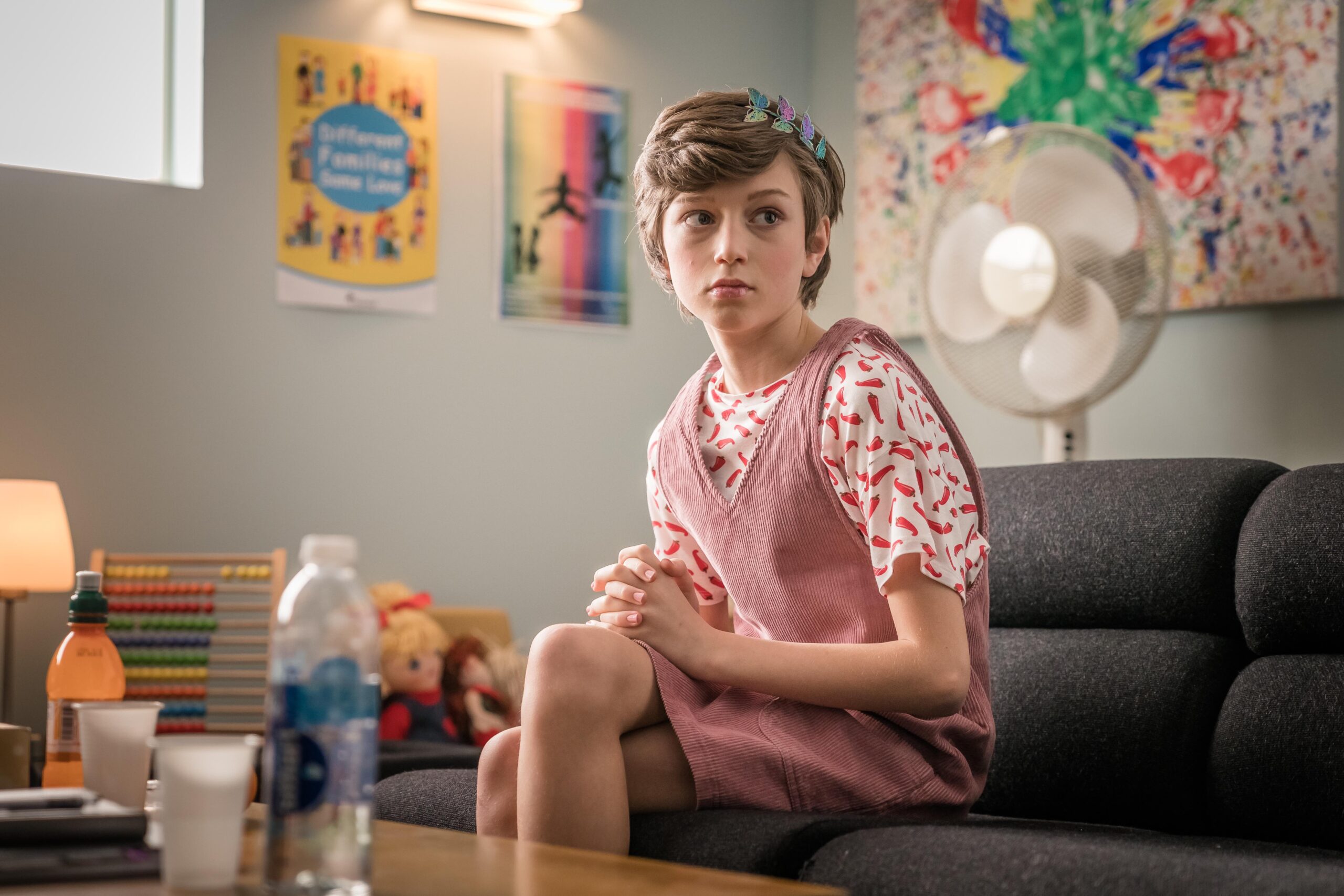Child referrals for gender identity issues have rocketed in the last decade; from 97 in 2009-10 to 2,519 last year, a rise of more than 2,000 per cent. Heated debate continues, but often the loudest voices about transgender issues are not the most informed. On the rise in child referrals, experts say there’s more information about gender issues than ever before, and so a greater awareness.
Now a new TV drama, Butterfly—focusing on a young trans girl—is telling the human story behind the figures. Susie Green, CEO of Mermaids, a charity that supports gender-diverse children and their families, and which advised in the making of the new show, says there has been a chilling change in atmosphere in recent years.
“About 18 months ago, it seemed to kick off with a really massive push against trans women and trans kids in particular,” she says. “The narrative is that ‘children can’t possibly know’ and that it is ‘child abuse’ to do anything other than make them live as their birth gender. That causes an environment of fear,” she says. “The backlash is not from experts. We get a lot of people who have nothing to do with transgender people and maybe have never met a transgender child saying what is best for trans kids.”
Into this heightened atmosphere comes Butterfly, which stars Anna Friel and Emmett J Scanlan as the estranged parents of young Max, played by Callum Booth-Ford.
Max has identified as a girl from a very young age. Enforced football has, unsurprisingly, failed to change her conviction that she is a girl – despite her desire to please dad Stephen. So, at home, after initial resistance from her mother, she has been quietly living as Maxine when the series begins. But when she wants to start living openly as Maxine? That’s when life becomes more difficult.
The series has to perform a tricky balancing act. It must entertain, accurately represent trans children and their families, and educate.









